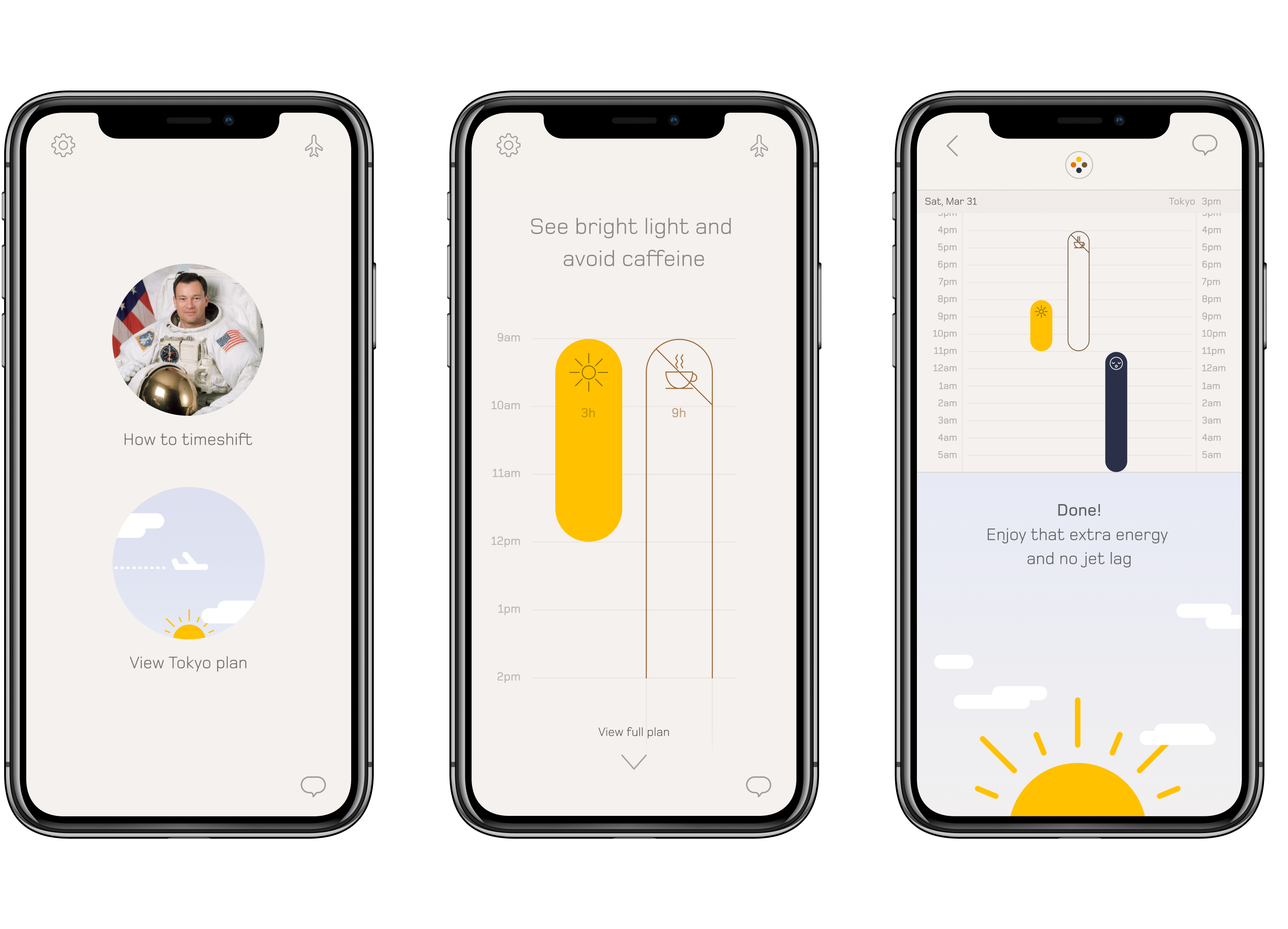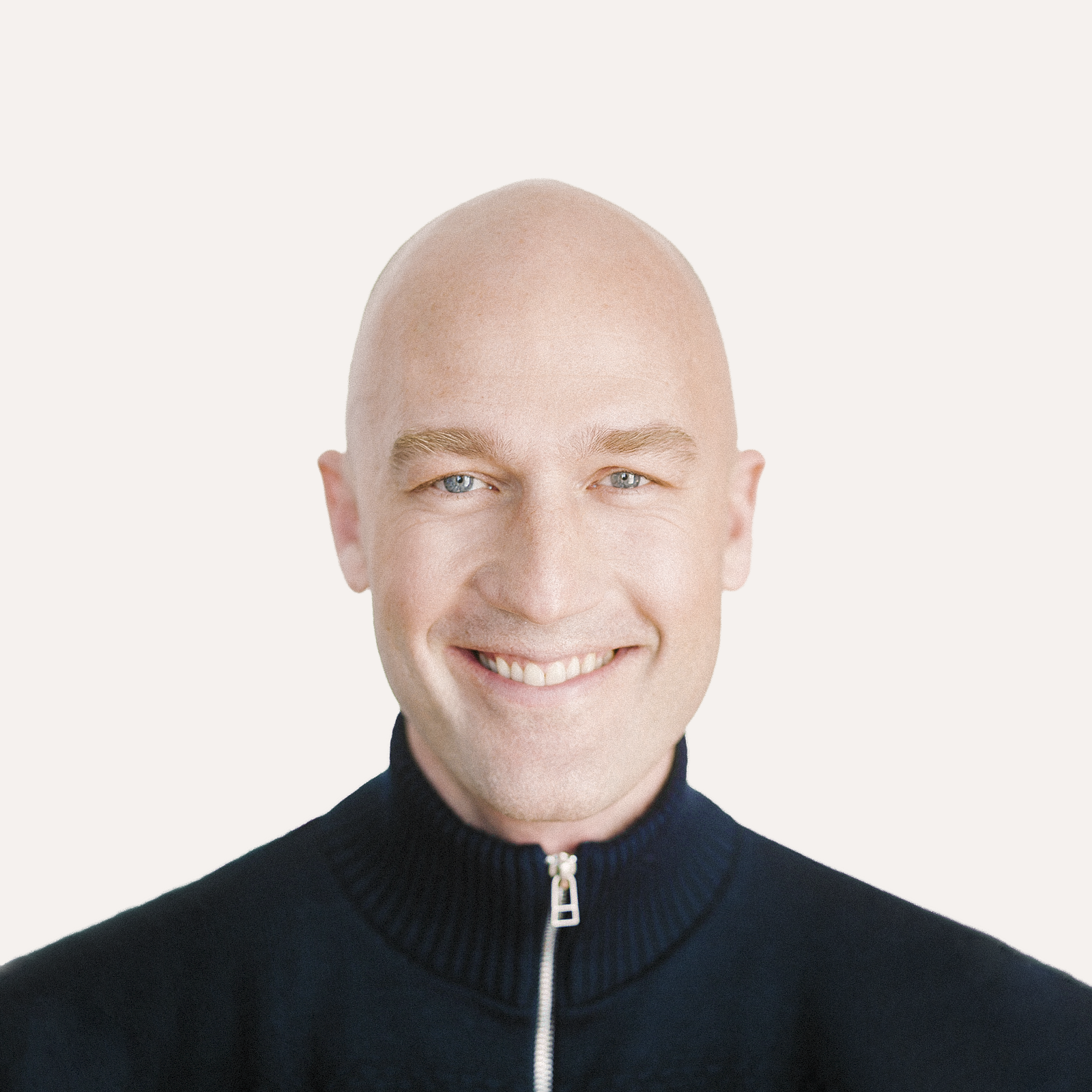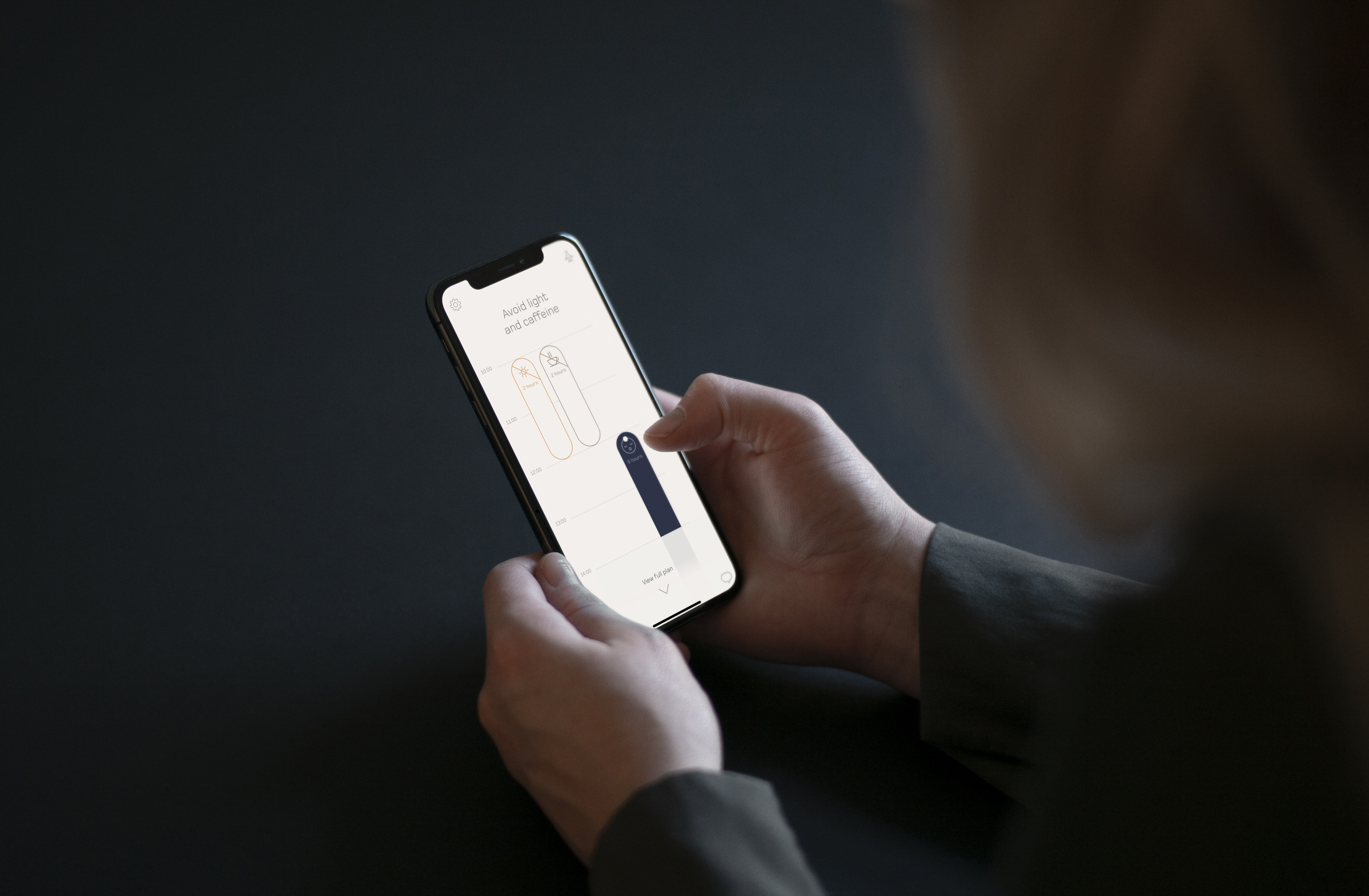Last year, there were 225 million passengers flying to or from the US. Combine that with coast-to-coast and non-US, international travel, and the number is of course much bigger. Most of those travelers are affected by jet lag – a temporary sleep disorder also known as desynchronosis.
Much more than feeling “off”
Some travelers may not recognize how much jet lag affects them. Unfortunately, jet lag is not just about feeling “off” for a couple of days. In reality, the consequences are wide-ranging and can be quite significant, whether you’re traveling for business, competing in a sports event abroad, or “just” going on vacation. Any time you travel across 3 or more time zones, you are likely to experience the following:
- Business: Missed opportunities, bad decisions, and poor health
- Sport: Ineffective training, injuries, and losing
- Vacation: Slow vacation start, missed sightseeing, and low productivity on return
Business and leisure travelers are losing billions of dollars worth of productive and enjoyable time to jet lag, and are feeling crummy and risking illness in the process.
How long to recover from jet lag?
The actual amount of recovery time depends on the distance you traveled. It can take up to a day for each time zone crossed for your body to adjust to the new time zone. From the East Coast of the U.S. to Central Europe, a six-hour time difference, you can thus expect it to take at least six days to recover fully, which might well be the entire length of your trip. This basic calculation might not hold true for every person in every situation.
We have been doing it all wrong
There are many persistent misconceptions about how to cure jet lag:
- “Get as much sleep as possible on the plane”
- “Stay hydrated and eat only certain foods”
- “Use sleep medication”
- “Get onto local time as soon as possible”
- “Get out in the sun if arriving during the day”
- “Use caffeine to power through”
Stated simply, these do not work, because they do not address the underlying cause. Like many oversimplistic approaches, some may actually make jet lag worse.
“Unfortunately, the problems caused by jet lag cannot be tackled using generic advice, which is oversimplistic and can often be counterproductive, making jet lag worse.”
Steven W. Lockley, Ph.D.
Associate Professor of Medicine at Harvard Medical School
The jet lag science we all have missed
Dr. Steven Lockley is a renowned expert in circadian rhythms, sleep and jet lag. He has spent 25 years studying sleep and works with clients such as Formula 1’s elite and NASA Astronauts.
“Most life on earth is adapted to the daily light/dark cycle caused by the rotation of our planet. We have an internal, 24-hour circadian clock located in a part of the brain called the hypothalamus that helps us manage the regular rhythm of our day. Jet lag is caused when the sleep/wake and light/dark cycle shift too quickly for our circadian clock to keep up.”
Steven W. Lockley, Ph.D.
The key to quick adaptation is light

Surprising to many, light is the most important time cue for resetting your circadian clock. Managing when you see and avoid light is critical to timeshifting your clock quickly. The right light exposure at the right time can significantly accelerate your adaptation to a new time zone. Seeing light at the wrong time will make your jet lag worse.
Melatonin speeds up adaptation
In addition to light, the right type and dose of melatonin, at the right time, can help you shift faster and sleep better.
Ways to increase your energy level while traveling
While the use of timed light and melatonin are the only ways to quickly adapt to a new timezone, there are a couple of ways you can boost your energy level if feeling fatigued. Fatigue is not only a symptom of jet lag, it can also arise when you don’t get enough sleep.
Caffeine
Caffeine is a powerful stimulant and can help you stay awake at times when you should see light, to help reset your clock more quickly. But be careful, using caffeine at the wrong time (too close to your bedtime) or in excessive quantities can have negative effects on your sleep quality.
Napping
Naps can be an additional tool to help maintain high levels of alertness and performance, but they need to be scheduled at the right time to give you maximum recovery without affecting your scheduled night-time sleep
Astronauts and elite athletes have timeshifted for years
Astronauts and elite athletes were the first to start timeshifting. We have defined Timeshifting as the action of someone who times light exposure and light avoidance, sleep and napping episodes, melatonin use, and caffeine intake to quickly “reset” the circadian clock to a new time zone.
One of them is retired NASA Astronaut, Mike Massimino, who went on two missions to repair the Hubble Space Telescope, and was the first person to tweet from space. Today, he uses the Timeshifter app to timeshift when he travels internationally.
Timing is everything
The challenge is to find out the right timing for when to see and avoid light, take melatonin, enjoy caffeine without it compromising one’s sleep quality at night, etc. Solving this challenge is deceptively complicated, and can only be determined based on the traveler’s sleep pattern, chronotype, and itinerary. An app like the Timeshifter jet lag app can create personalized jet lag plans with all of this in mind. By precisely identifying the actions to take and the timing of those actions, Timeshifter helps travelers tackle the underlying cause of jet lag.
Although travel is part of your life, jet lag doesn’t need to be.



